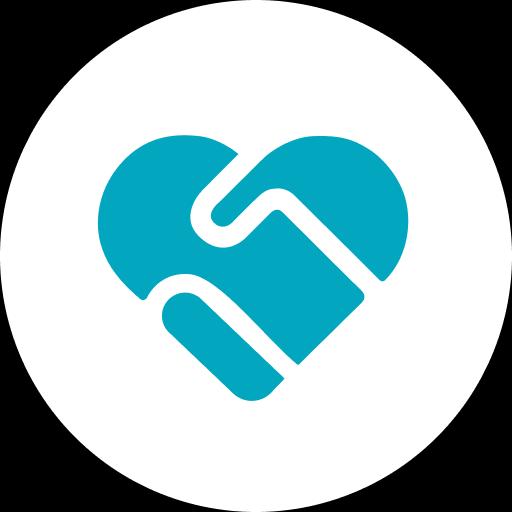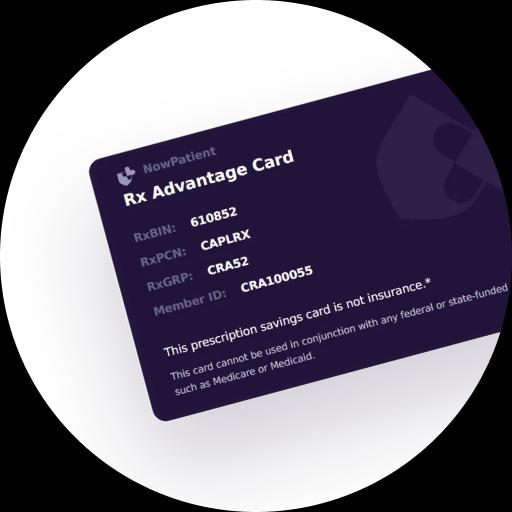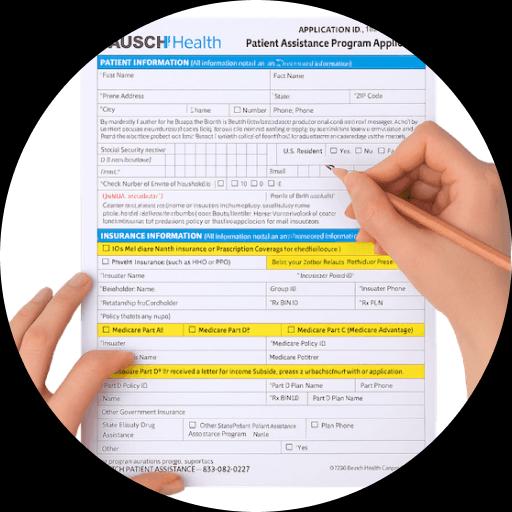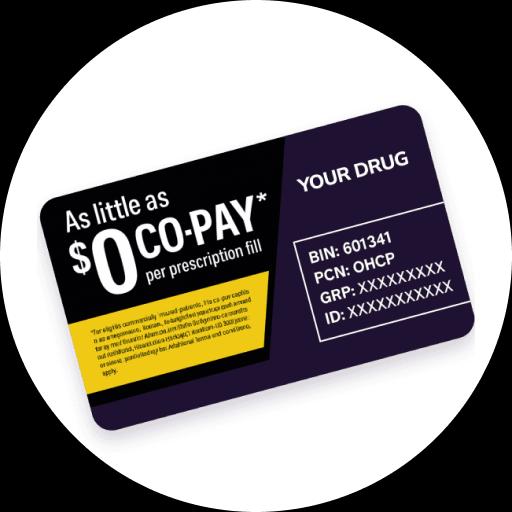Save on Hydroxychloroquine with Coupons, Discounts & Savings Programs


Start Saving Today!
Lower the Cost of Your Hydroxychloroquine Prescription
More great savings
View Related Brands
MEDICAL INFORMATION
Hydroxychloroquine Key Facts
What dosages is Hydroxychloroquine available in?
Hydroxychloroquine is available as a 100 mg, 200 mg, 300 mg, and 400 mg oral tablet.
What is Hydroxychloroquine used for?
Hydroxychloroquine is an anti-malarial agent and is used to treat the following:
- Uncomplicated malaria in adults and children
- Rheumatoid arthritis (RA) in adults
- Systemic lupus erythematosus (SLE) in adults
- Discoid lupus erythematosus (DLE) in adults
How does Hydroxychloroquine work?
Hydroxychloroquine is a disease-modifying anti-rheumatic drug (DMARD) used to treat inflammatory problems. It’s thought to work by blocking certain processes in the immune system. This helps prevent the immune system from being too active. Hydroxychloroquine is also an antimalarial. It’s not exactly known how Hydroxychloroquine, but it’s thought to kill malaria by stopping several cellular processes that are needed for it to grow and survive.
How do I take Hydroxychloroquine?
Hydroxychloroquine is typically taken by mouth with food or milk as a single dose or in 2 smaller doses. Your dose will be determined based on the condition being treated. Your child’s provider will determine their dose based on your child’s body weight.
Is it safe for me to take Hydroxychloroquine?
Hydroxychloroquine is a safe and effective treatment when used for FDA licensed indications. However, like all medications, they may give you unwanted side effects. You should always discuss potential side effects with your physician to ensure the medication is suitable and right for you. You should not use this medication if you have a known hypersensitivity to 4
aminoquinoline compounds.
Hydroxychloroquine Common Side Effects
Common side effects of Hydroxychloroquine:
- Nausea and vomiting
- Diarrhea
- Bloating
Hydroxychloroquine Serious Side Effects
Serious side effects are rare with Hydroxychloroquine. Contact your healthcare provider immediately if you experience any of the following.
- Abnormal heart rhythm (QT prolongation): chest pounding, short of breath, chest pain, feeling faint or lightheaded
- Serious allergic and skin reactions: sore throat, fever, fatigue, rash, hives, painful blisters, skin reddening, skin peeling, difficulty breathing, itching, fast heartbeat, tightness in the throat, swelling in the face or tongue
- Hemolytic anemia (low red blood cell count): tiredness, dizziness, weakness, high heart rate, yellowing of the skin or eyes, dark-colored urine
- Bleeding: blood in your urine or stool, unexplained bruising, bleeding that takes longer than usual to stop
- Serious infections: fever, difficulty breathing, diarrhea, weakness, cough, stomach pain, sweating, chills, burning when you urinate, urinating more often
- Suicidal thoughts or behaviors: thoughts of harming yourself or others, depressed mood
- Severely low blood sugar: dizziness, shakiness, feeling confused, feeling irritable or anxious, feeling faint, sweating, extreme hunger
Effects of other drugs, drug classes and over-the-counter products on Hydroxychloroquine
The following medications may interact with Hydroxychloroquine:
- Digoxin: Concomitant Hydroxychloroquine and digoxin therapy may result in increased serum digoxin levels: serum digoxin levels should be closely monitored in patients receiving combined therapy
- Insulin or antidiabetic drugs: As Hydroxychloroquine may enhance the effects of a hypoglycemic treatment, a decrease in doses of insulin or antidiabetic drugs may be required
- Drugs that prolong QT interval and other arrhythmogenic drugs: Hydroxychloroquine prolongs the QT interval and should not be administered with other drugs that have the potential to induce cardiac arrhythmias. Also, there may be an increased risk of inducing ventricular arrhythmias if Hydroxychloroquine is used concomitantly with other arrhythmogenic drugs
- Mefloquine and other drugs known to lower the convulsive threshold: Hydroxychloroquine can lower the convulsive threshold. Co-administration of Hydroxychloroquine with other antimalarials known to lower the convulsion threshold (e.g., mefloquine) may increase the risk of convulsions
- Antiepileptics: The activity of antiepileptic drugs might be impaired if co-administered with Hydroxychloroquine.
- Methotrexate: Combined use of methotrexate with Hydroxychloroquine has not been studied and may increase the incidence of adverse effects
- Cyclosporin: An increased plasma cyclosporin level was reported when cyclosporin and Hydroxychloroquine were co-administered
Who makes Hydroxychloroquine?
Various FDA-approved generic manufacturers
Is Hydroxychloroquine safe in pregnancy?
It is not known if Hydroxychloroquine will harm your unborn baby. You should talk to your healthcare provider before taking this medication if you are pregnant.
What is the brand name for Hydroxychloroquine?
Medical Disclaimer
NowPatient has taken all reasonable steps to ensure that all material is factually accurate, complete, and current. However, the knowledge and experience of a qualified healthcare professional should always be sought after instead of using the information on this page. Before taking any drug, you should always speak to your doctor or another qualified healthcare provider.
The information provided here about medications is subject to change and is not meant to include all uses, precautions, warnings, directions, drug interactions, allergic reactions, or negative effects. The absence of warnings or other information for a particular medication does not imply that the medication or medication combination is appropriate for all patients or for all possible purposes.
OUR CUSTOMERS VIEW
What Customers Love About Our Service
We want everyone to be happy and healthy, that’s what keeps us going. Read what some of them have to say about us.
Medicines Experts
Meet Our Medical Team
We are a broad skilled and passionate group of clinicians with experience of operating in health systems in the United Kingdom & United States. Providing excellent care and advice is at the heart of everything we do. You can read more about our medical team by visiting the medical team page or learn more about how we curate content by visiting our editorial process

























